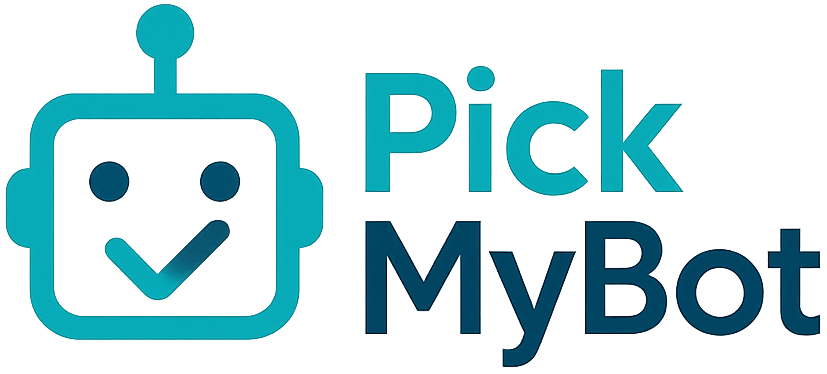

Kubernetes simplifies the orchestration of containers across clusters. It streamlines the deployment, scaling, and management of applications in a cloud-native environment.
Key features
- Automates container deployment and scaling
- Supports multi-cloud environments
- Self-healing capabilities
- Load balancing and service discovery
- Rollout and rollback of applications
Pros
- Highly scalable and flexible
- Strong community support
- Wide adoption across industries
- Integrates with various cloud providers
Cons
- Steep learning curve for beginners
- Complex setup and configuration
- Resource-intensive for small applications
